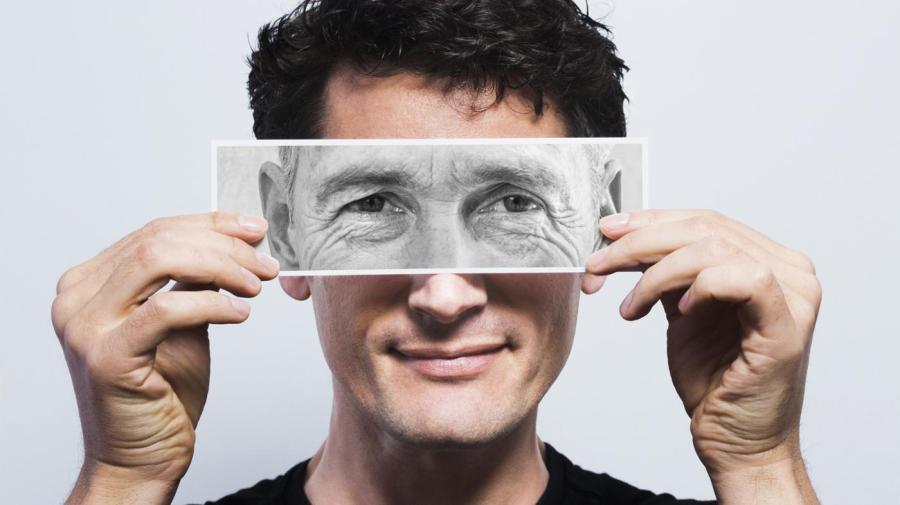Absolute Chronology And Relative Chronology
What Is the Departure Between Relative and Accented Age?

Relative age allows scientists to know whether something is older or younger than something else, while absolute age means that scientists know the exact number in years that take passed since the object was created. Relative age will require the comparing of two or more objects, whereas accented age does not.
Relative historic period comes up often in diverse fields, such as archeology. If archaeologists find a site with layers in it, they tin make assumptions about the relative age based on the composition of materials in each layer. For example, if an area used for trash has mod refuse in it such as CDs and computers, and the layer underneath has cans fabricated of tin can, so it is safety to say the layer of tin cans have a greater relative age than the layer with modern refuse. However, this does non say anything about the absolute age of the layers. That is, scientists cannot tell exactly how old the layers are in years to the nowadays date, but which is older than the other.
Techniques such every bit radioactive dating, including carbon dating, focus more than on the absolute age of an object. An example of this type of aging includes rocks in Canada that scientists identified every bit being hundreds of one thousand thousand years old. Absolute age is more straight-forrad and does not crave whatsoever other objects for comparing.
Absolute Chronology And Relative Chronology,
Source: https://www.reference.com/science/difference-between-relative-absolute-age-2e4cf6583a8d82bd?utm_content=params%3Ao%3D740005%26ad%3DdirN%26qo%3DserpIndex&ueid=c3332f7c-4e8f-407c-a32b-53550423f8c0
Posted by: mcintyrerowend.blogspot.com


0 Response to "Absolute Chronology And Relative Chronology"
Post a Comment